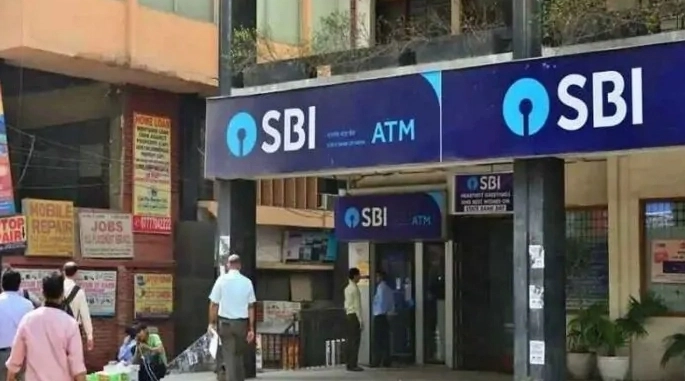

"I have sung in hobo jungles, and I have sung for the Rockefellers... because I feel that my songs seem to cut across and find perhaps a unifying thing, basic humanity." That was Pete Seeger, 1955, testifying before the House Un-American Activities Committee. A man grilled not for what he did, but for what he sang. For daring to strum truth in a country allergic to it.
Seventy years later, swap the banjo for a mic and the Rockefellers for West Belfast, the artist on trial now isn't Seeger - it's Liam Óg Ó hAnnaidh. And the stage isn't a Washington committee room - it's Magistrates' Court, surrounded by supporters, press, and elected representatives.
Outside, crowds clap, chant, and raise Palestinian flags, while a cheeky van rolls past every 10 minutes or so blaring "More Blacks, More Dogs, More Irish, Mo Chara" - reclaiming an old slur as protest art, loud and laughing in the face of state power.
He didn't commit violence. He performed. He made art. Art that embarrassed the British state. And here, as ever, that's a bigger crime than the one he's plead not guilty to.
Officially, his arrest was about one flag he's accused of brandishing at one London gig. But it's hard not to see this as part of a long, unbroken tradition of working-class artists who speak out and get punished. About murals, miners, microphones, and memory. About every artist who refused to be told which side to sing for, and every government that tried to shut them up.
Whether it's the coalfields of South Yorkshire or the murals of the Falls Road, from Christy Moore's hunger strike ballads, to tributes on Anfield Road - the message has always been the same: We, the people, are still here. We, the people, are not shutting up.
And every time a government tries to silence that message, it only gets louder. They knew what this moment was. Officially, this is about an alleged terrorism offence. But it looks like plain old control.
While Mo Chara stands in the dock for allegedly waving a flag, those complicit in a genocide walk the streets untouched. Since October 2023, over 60,000 Palestinians have been killed in Gaza - entire families erased, journalists targeted, children bombed in their beds.
More than 300 officials at the Foreign Office raised their concerns about 's "stark ... disregard for international law". And yet, the UK government continues to greenlight arms deals and offer diplomatic cover. That's not a performance. That's a conscious policy decision. Made in Westminster, paid for by the taxpayer, and buried beneath silence.
And when working-class artists speak up, not in white papers or policy briefings, but in songs, shouts from festival stages - the system panics. Kneecap had the audacity to call it genocide. To do it on the world stage. To link the struggle of Gaza to Belfast, to the estates where working-class kids know exactly what it means to be treated as expendable.
And now it's Liam Óg Ó hAnnaidh being prosecuted. Not the ministers who signed off export licenses. Not the billionaires who profit from selling the bombs. But a rapper from West Belfast who told the truth with a mic.
Because this is what always happens when working-class people raise their voice. When they sing about Orgreave. When they pay tributes to Hillsborough victims on wall art. When they write lyrics about hunger strikes, police brutality, or kids killed abroad with British bombs. The powerful don't care if the blood is real, they care if the protest is effective.
Mo Chara's real problem is that the message he put out landed. Working-class people aren't meant to speak like this, organise like this, or connect struggles across borders like this. That's what scares them.
And as Seeger knew, that's what makes working-class art so dangerous - it connects. You can ban a song from the airwaves, but not from memory. You can police a performance, but not the idea it plants.
They've tried this before. Give Back to the Irish - banned. Christy Moore - detained. The Pogues' Streets of Sorrow - silenced for decades. And now, it seems to be Mo Chara - for turning protest into poetry, politics into art.
So here's the question - the same one Pete Seeger asked, the same one Mo Chara asks now: Which side are you on?
-
Milan stance hands Atalanta boost in race for Italy international Ricci

-
Bank Rule Change: Big news for SBI Credit Card holders! SBI Bank is going to change these rules for its customers from July 15

-
Germany top group after win over England in U21 Euros

-
Summer departure imminent for Dōan, BILD suggests

-
Germany U21 vs England U21
